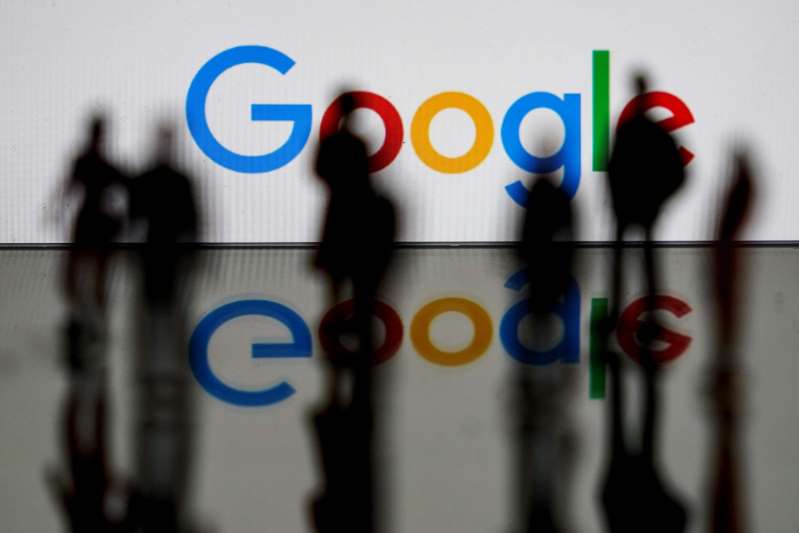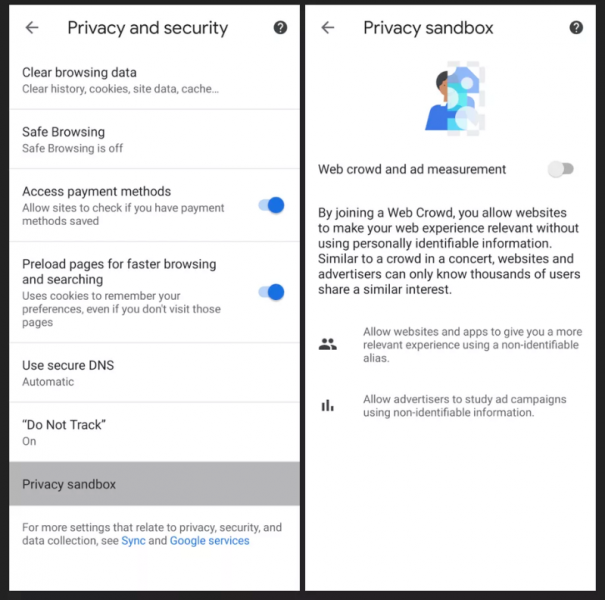Google removes tracking cookies from advertising companies. A new system should better protect privacy.

Advertising companies use cookies to precisely analyze the surfing behavior of users. This happens not only across websites, but also in social networks and, increasingly, in email programs. The aim is to display advertisements that are as targeted as possible to users.
At the beginning of 2020, Google promised to ban the tracking cookies from such companies within 2 years. Now Google speaks up again.
Take a new course
The plan to throw company cookies from the Chrome browser and other Google products is still going. In addition, Google promises that the tracking cookies will not be replaced by new types of precisely spying on the surfing behavior of users.
Instead, Google products are to be powered by “privacy-preserving APIs that prevent the tracking of individuals, but still deliver results for advertisers and publishers.”
Like in a concert
To achieve this, the “privacy sandbox” should be used. The surfing behavior is also analyzed, but then you are only put in a group with thousands of other users who have similar interests. Google compares that to going to a concert: You get lost in the crowd, but everyone is there because they like that kind of music. This feature should be available in Chrome for the first time in April.

According to Google, this method could help preserve the web as we know it. Because many companies and publishers are dependent on advertising income. If users increasingly use ad blockers because they don't trust the extensive tracking of advertising companies, there is less advertising revenue for publishers. The response to this is either less content (downsizing) or less free content (paywall) to make up for the lack of revenue.

